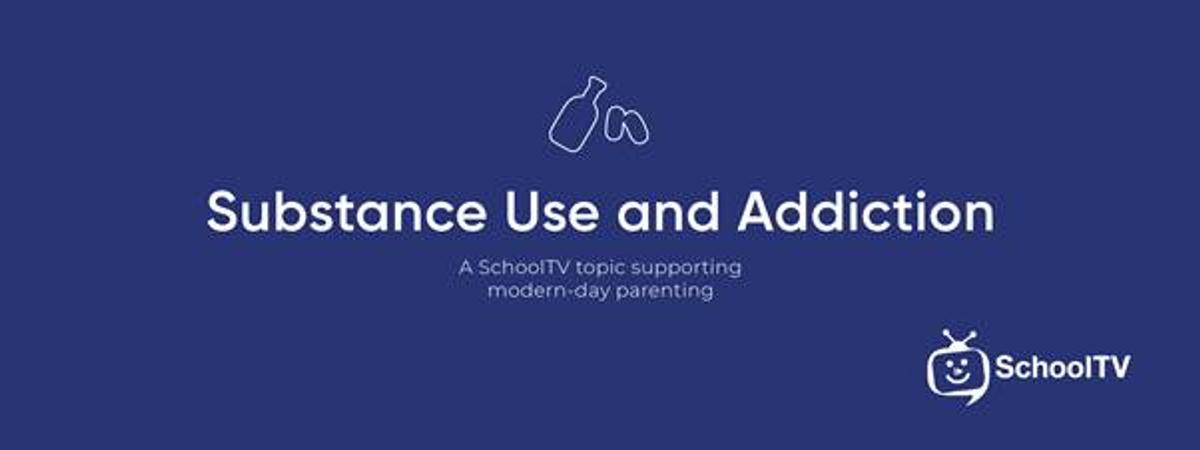Counsellor/Wellbeing

SPECIAL REPORT: World Mental Health Day
World Mental Health Day is marked every year on 10 October as a reminder of the importance of mental health to our overall wellbeing. It is a day that encourages families, schools, workplaces and communities across the globe to start conversations, reduce stigma and highlight the support available for those who may be struggling.
Mental health challenges can affect anyone: children, teens, and adults alike. Recognising this helps us create more compassionate and supportive environments.
Parents and caregivers play a central role in shaping the mental health of their children. World Mental Health Day is an opportunity to pause and reflect on the pressures young people face in today's world and how we can best support them. Whether it's helping children find balance between school, technology, and rest; encouraging open conversations about feelings; or modelling healthy coping strategies ourselves - small steps at home can make a big difference.
By engaging with resources and discussions not just on this day but all days, families can strengthen their understanding of mental health and contribute to a culture where seeking help is seen as a sign of strength, not weakness.
This Special Report highlights the importance of World Mental Health Day and offers practical suggestions for how your family can acknowledge and support it together.
Here is the link to your Special Report https://mccww.catholic.schooltv.me/wellbeing_news/special-report-world-mental-health-day-au
Substance Use & Addiction
Substance use and addiction are complex issues that can affect young people in many different ways. While some may experiment out of curiosity or peer influence, others may use substances as a way to manage stress, anxiety or emotional pain. What may begin as occasional use can sometimes become a pattern that impacts mood, motivation and wellbeing. The developing teenage brain is particularly vulnerable to the effects of alcohol, vaping and drugs, making early use more likely to lead to harm.
For many families, understanding substance use means looking beyond the behaviour to what might be driving it. Risk-taking is a normal part of adolescence, but for some young people, it can also be a signal that they are struggling to cope. Substances can offer temporary relief, but they can also mask underlying issues such as loneliness, low self-esteem or poor mental health. When left unrecognised or unsupported, substance use can interfere with school performance, relationships and emotional development, leading to more serious challenges later in life.
This edition of SchoolTV guides families to help young people develop resilience, self-awareness and the skills to make healthy, informed choices that protect their wellbeing into adulthood.
Here is the link to the Edition
https://mccww.catholic.schooltv.me/newsletter/substance-use-addiction-au
Karen Surian
School Counsellor



